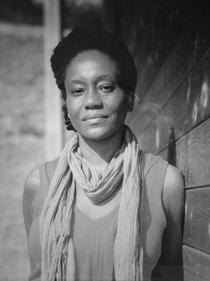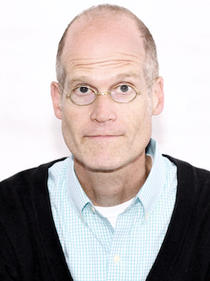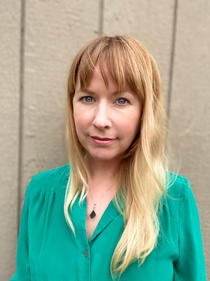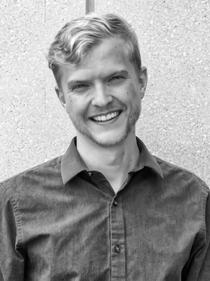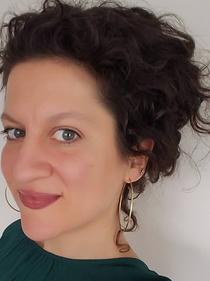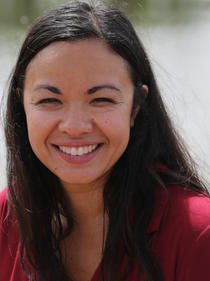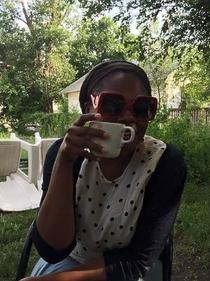Gulf Coast Online Exclusives
The woman says “do not eclipse my pain with your own”
Lillian-Yvonne Bertram
Shake the rattles of our jazz. / There’s lies in the kitchen too, and they / are how bright. // Twittering, we run run each other, / try on expensive cabinets and hats. // Rough light is in this time. / Withered is the trencher, / so we make a place for mothers / in the house. Twinkle at the time / a clock strikes, a certain time of day, // and I see the chime of the bells, / listen to their whiteblue sound. 
Fiction
Summer Dialogue #1
Sam Schieren
Alligator
Joselyn Takacs
It happened in a matter of seconds, this overlay of violence in my mind, that took us into another life, and then it was gone. Perhaps what I wanted was to have my future thrust upon me. No, I thought, just another anxious fantasy. It was just the mind’s preparation on overdrive. It all might have happened differently. The alligator had every intention of biting her. Tori’s face flashed with anger momentarily before Frank tried to pull her away. 
Medal of Honor
Nghiem Tran
Dad's Crossbow and Other Stories
Steph Sorensen
Non-Fiction
Americanizing Lengua
Moisés R. Delgado
On 9/11, with the radio transcribing the ongoing events and his white coworkers in the plant nursery going mad as though the place was burning down, all my dad could do was laugh. As far as he knew, the Omaha nursery was fine. The roof was still above their heads. The ground was unmoving. The sky still blue, and most importantly there was work to be done. 

